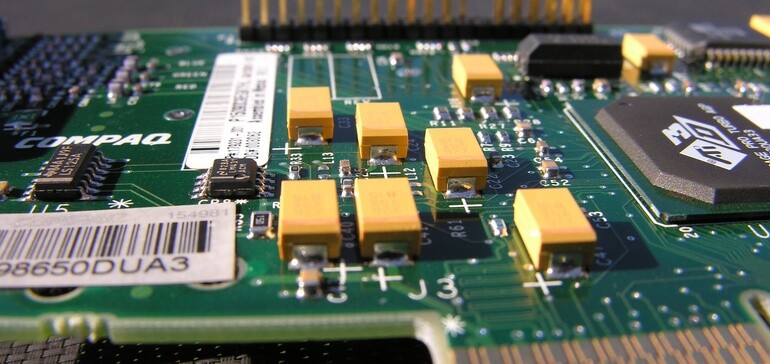Dive Brief:
- Smart sensors have enabled the aggregation of Big Data in manufacturing, Packaging Digest reported last week.
- Safety is improving as a result, since the sensors diagnose issues automatically, reducing demand for em

Dive Brief:
- Smart sensors have enabled the aggregation of Big Data in manufacturing, Packaging Digest reported last week.
- Safety is improving as a result, since the sensors diagnose issues automatically, reducing demand for employees to tinker with an in-process machine in order to discover malfunctions.
- Inefficiencies within production lines can also be diagnosed by smart sensors, reducing downtime and speeding production.
Dive Insight:
Sensor technology has been around for over a decade but the rise of Big Data — coupled with manufacturers’ increased software capabilities, pressures on lead times and inventory levels — has led many companies to procure and produce sensor-enabled products.
Sensors, like RFID or HVAC tags, are being widely implemented in various industries due to their data, safety and tracking benefits. The growing global sensor market is predicted to reach $57.77 billion by 2022, growing by more than $39 billion since 2015.
In the retail sector, RFID tags have long promised to disrupt inventory management, as tracking capabilities permit faster stock replenishment — and even cashier-free stores. In the automotive sector, a newly proposed rule would require manufacturers to include sensors on all vehicles so as to enable vehicle-to-vehicle communications. Meanwhile, Fitbits and smart watches show the technology is useful not just for industrial purposes, but as consumer goods for entertainment or healthcare needs.
This post originally appears on our sister publication, Supply Chain Dive. Our mission is to provide busy professionals like you with a bird’s-eye-view of the Supply Chain industry in 60 seconds. To subscribe to our daily newsletter click here.








